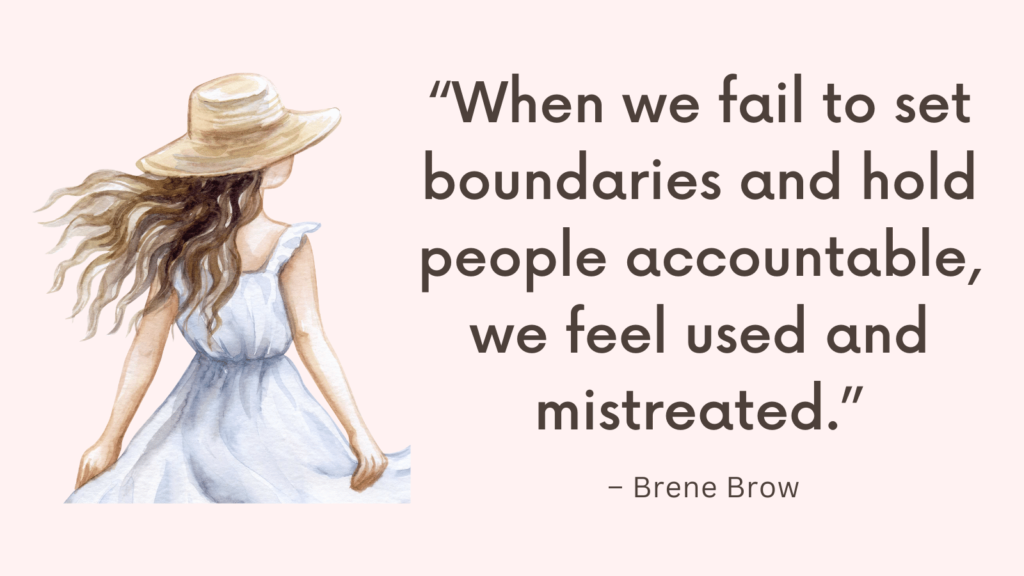This post contains signs a narcissist is stonewalling you as well as helpful tips to deal with narcissist stonewalling.
What Is Narcissist Stonewalling?
Narcissist stonewalling refers to a behavior commonly observed in individuals with narcissistic traits.
It involves the deliberate act of shutting down communication, withdrawing emotionally, and giving the silent treatment as a means to control and manipulate others.
Stonewalling can manifest in various ways, but at its core, it is a tactic used by narcissists to maintain power and control over their interpersonal relationships.
When engaged in stonewalling, a narcissist will intentionally ignore or avoid any attempts at communication, refuse to engage in conflict resolution, and detach emotionally from the situation.
By employing this tactic, narcissists aim to exert dominance and keep the focus solely on their own needs and desires while minimizing the importance of others’ emotions and perspectives.
This behavior can be deeply distressing for those who are on the receiving end, leading to feelings of frustration, confusion, and emotional turmoil.
It is important to note that stonewalling is just one of the many manipulative tactics employed by narcissists.
They may use it in combination with other strategies such as gaslighting (distorting facts or denying events), shifting blame, or withholding affection to further assert control over their victims.
Understanding narcissist stonewalling can serve as a starting point in recognizing and addressing unhealthy dynamics within relationships.
Related: Somatic Narcissist: Top 7 Signs
Top 8 Signs a Narcissist Is Stonewalling You
Here are some signs that a narcissist may be stonewalling you:
1. Silent treatment
A narcissist who is stonewalling will often ignore your attempts at communication, both verbally and non-verbally.
They may abruptly stop responding to messages, refuse to answer your calls, or simply give you the cold shoulder.
2. Avoidance of conflict
Narcissists typically dislike confrontation and will go to great lengths to avoid any sort of disagreement or conflict.
When they are stonewalling, they may remove themselves physically or mentally from the situation to prevent any potential conflict.
3. Emotional detachment
During stonewalling, a narcissist may display emotional detachment and show little or no empathy.
They may appear unaffected by your emotions, dismissive of your feelings, or simply act as though they couldn’t care less about what you’re going through.
Related: Narcissist Baiting – What it is, Why it Happens, and How to Stop it
4. Ignoring your needs
Narcissists prioritize their own needs and desires over anyone else’s.
When stonewalling, they may completely disregard your needs, requests, or concerns, leaving you feeling unheard, unimportant, and devalued.
5. Changing the subject
Rather than addressing the issue at hand, a narcissist who is stonewalling may divert the conversation or change the subject altogether.
This tactic allows them to maintain control and avoid taking responsibility for their actions or behavior.
6. Withholding affection
A narcissist might use stonewalling as a means of punishment or manipulation.
They may intentionally withhold affection, become distant, or create an emotional void in the relationship to make you feel anxious, rejected, and desperate for their attention.
Related: Narcissist Compassion: What Is It and How To Protect Yourself
7. Lack of accountability
Narcissists often have difficulty acknowledging their own mistakes or taking responsibility for their actions.
When stonewalling, they may refuse to address the issue or apologize, shifting the blame onto you or making excuses to avoid any form of accountability.
8. Emotional shutdown
Stonewalling involves shutting down emotionally, which can manifest in various ways.
A narcissist may become emotionally unavailable, distant, or display a flat affect, showing no emotional response whatsoever.
This behavior is meant to disconnect and disengage from the situation and maintain control.
Related: Narcissist Word Salad: 12 Strategies & Examples

How to Deal with Narcissist Stonewalling?
When dealing with narcissist stonewalling, it’s important to prioritize your own well-being and emotional health. Here are some suggestions to cope with this behavior:
1. Recognize the pattern
Understand that stonewalling is a deliberate tactic used by narcissists to control and manipulate others.
Recognizing this pattern can help you detach emotionally and not take it personally.
2. Set healthy boundaries
Establish clear boundaries for yourself and communicate them assertively.
Let the narcissist know what behavior is acceptable and what is not.
Reinforce these boundaries by consistently enforcing consequences if they are violated.
Related: How To Set Boundaries With A Narcissist?
3. Practice self-care
Cultivate self-care activities that promote relaxation, stress reduction, and emotional well-being.
Engage in activities you enjoy and that bring you peace, such as exercise, meditation, hobbies, or spending time in nature.
4. Focus on self-validation
Narcissists often undermine their victims’ self-esteem and make them doubt their own perceptions.
Counteract this by building self-confidence and engaging in positive self-talk.
Surround yourself with supportive people who validate your feelings and experiences.
5. Develop assertiveness skills
Enhance your communication skills, particularly assertiveness, to effectively express your needs and concerns.
Practice using “I” statements to assert your feelings without attacking or blaming the narcissist.
For example, say “I feel hurt and frustrated when you stonewall me because I value open communication.”
It’s important to remain calm and composed during interactions with a narcissist. They may try to provoke emotional reactions from you, but maintaining your composure will ensure your message comes across with clarity.
Related: Top 5 Tips On How To Be Assertive Without Being Rude
6. Educate yourself about narcissism
Learning more about narcissistic behavior and its impact on relationships can provide valuable insights and help you better navigate interactions with the narcissist.
Conclusion
It’s essential to prioritize your own emotional health when dealing with a narcissist’s stonewalling.
While you cannot change their behavior, you can learn effective coping mechanisms and build resilience to protect yourself from their manipulation tactics.



